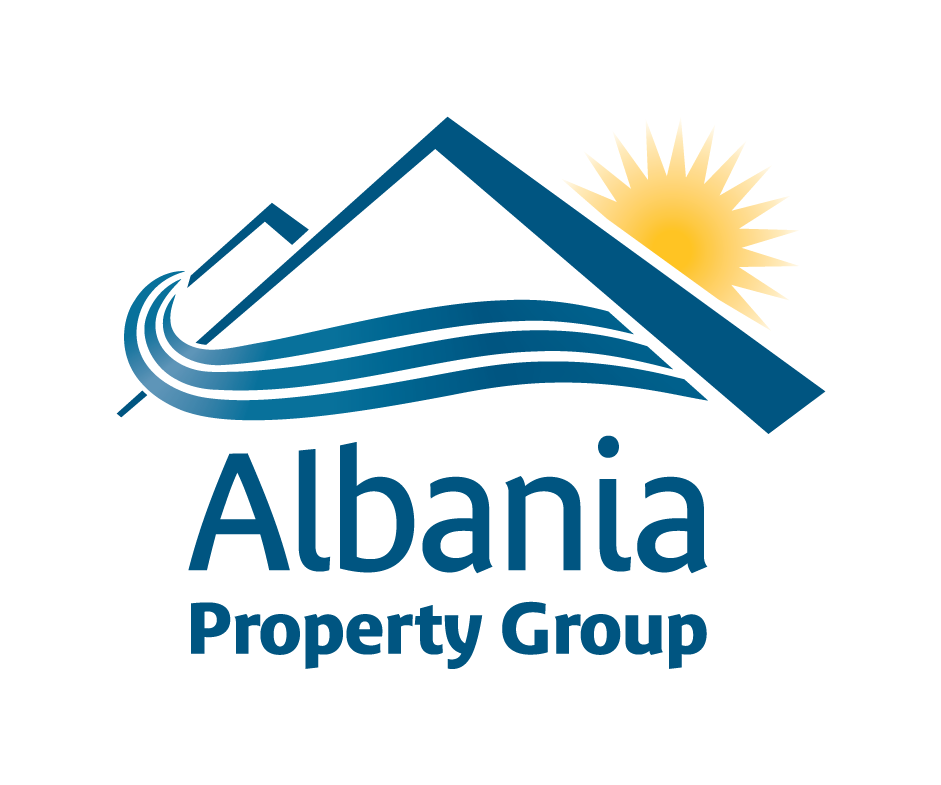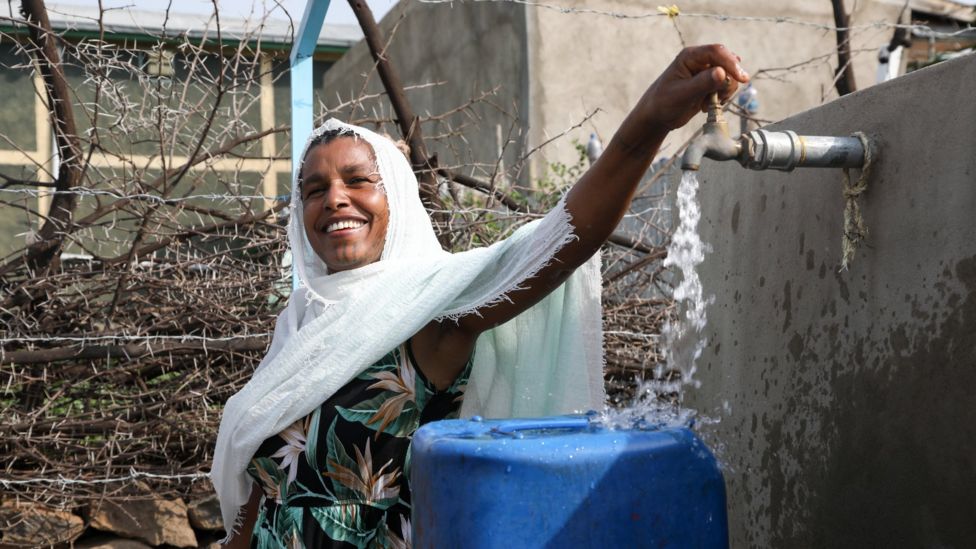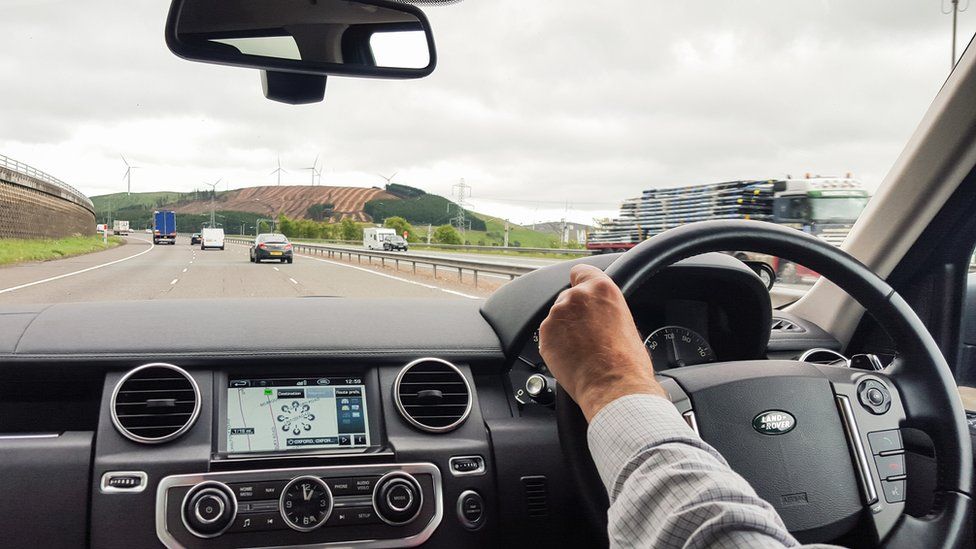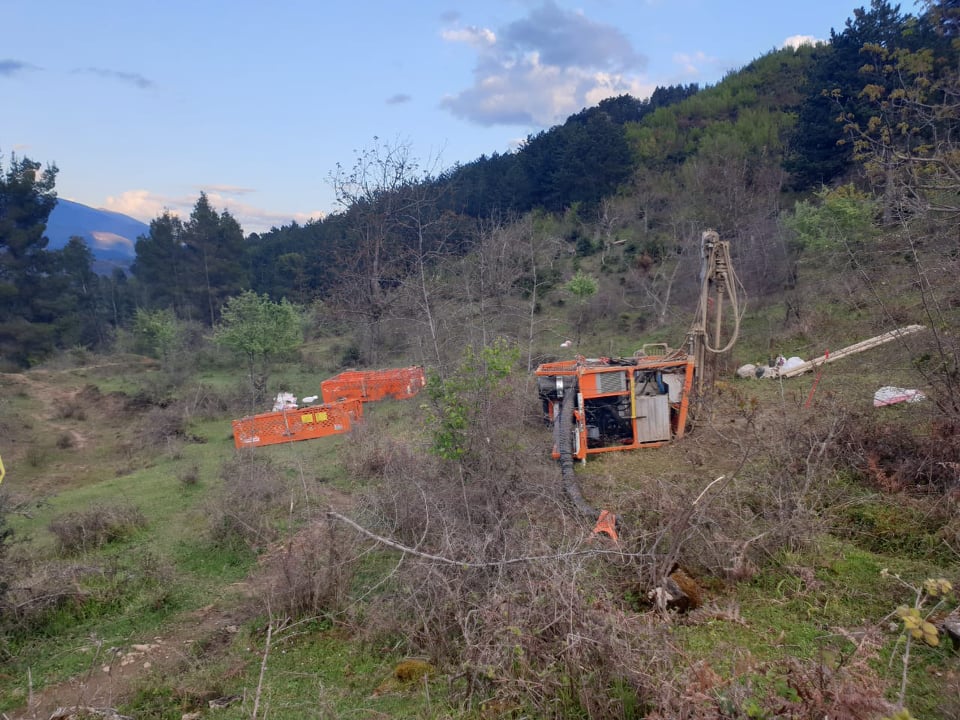

News
UK's aid cuts for clean water projects criticised
A leading charity has criticised the government's plan to reduce funding for overseas water and sanitation projects during the pandemic - as details of cuts in the foreign aid budget emerge.
Funding for water, sanitation and hygiene bilateral projects will be cut by more than 80%, a leaked memo said.
WaterAid's Tim Wainwright criticised the timing of "savage cuts".
The Foreign and Commonwealth Development Office said Covid had "forced us to take tough" decisions.
The government announced last year it would cut UK aid spending from 0.7% of national income to just 0.5% - which amounts to a reduction of more than £4bn - but has yet to confirm which programmes will be affected.
The "temporary measure" was defended at the time as being supported by voters, with some MPs saying domestic spending should come first during the pandemic.
This is just the start. There are hundreds of cuts to specific aid programmes that are just waiting to be revealed.
The government is refusing to say precisely where the axe will fall. That's partly down to precedent - normally these figures are announced retrospectively.
But it is also because the Foreign and Development Office has yet to make all the decisions.
Aid charities say the government announced the global cut without remembering it had pre-existing commitments to multilateral funds - like the World Bank, the EU, and the GAVI vaccine alliance.
This meant the cuts to bilateral aid funds would have to be even deeper and those decisions are hard. That is why support for programmes that provide water and sanitation or polio eradication is being reduced, even in the midst of a global pandemic.
Ministers argue they have to cut the budget because of the impact the pandemic has had on the economy - and the UK will still be spending £10bn on aid, more than most countries.
But the cuts are now beginning to bite and for some of the most vulnerable people around the world, there will be real consequences.
The UK contributed £176m to bilateral water, sanitation and hygiene projects in 2019 - so an 80% cut would represent a budget of around £36m.
Mr Wainwright said there was "enormous support" for funding water projects among UK taxpayers "who have helped to bring clean water, good hygiene, and better sanitation to 62 million people in the last five years".
He said clean water and sanitation were "the first line of defence against the twin threats of Covid-19 and the impacts of climate change" and urged the government to reverse the cuts "at the earliest possible opportunity".
In the UK, the government has promoted hand-washing as one way the public can protect themselves from contracting coronavirus, including the slogan "Hands, Face, Space".
A review of water aid projects published in March 2012 found "strong evidence that lack of hygiene (hand-washing) increases the risk of viral respiratory infections".
https://www.bbc.com/news/uk-56910102
Self-driving cars to be allowed on UK roads this year
Self-driving vehicles could be allowed on UK roads by the end of this year, the government has said.
The Department for Transport said automated lane-keeping systems (ALKS) would be the first type of hands-free driving legalised.
The technology controls the position and speed of a car in a single lane but only up to speeds of 37mph (60km/h)
But insurers have warned the government's definition of ALKS as 'self-driving' is misleading.
Previously, the government had said these new laws would be in place by spring this year and told the BBC there was no delay in its suggested timeframes.
Hands-free
Following a consultation last year, the government has now said that vehicles with ALKS technology can be legally defined as self-driving, “as long as they receive GB type approval and that there is no evidence to challenge the vehicle’s ability to self-drive.”
The government confirmed that drivers will not be required to monitor the road or keep their hands on the wheel when the vehicle is driving itself.
But the driver will need to stay alert and be able take over when requested by the system within 10 seconds.
If a driver fails to respond, the vehicle will automatically put on its hazard lights to warn nearby vehicles, slow down and eventually stop.
The Highway Code is now consulting on what rules will be put into new laws to make sure the technology is safely used.
“This is a major step for the safe use of self-driving vehicles in the UK, making future journeys greener, easier and more reliable while also helping the nation to build back better,” said Transport Minister Rachel Maclean.
“But we must ensure that this exciting new tech is deployed safely, which is why we are consulting on what the rules to enable this should look like.”
Human Error
The technology could improve road safety by reducing human error, the Society of Motor Manufacturers and Traders said.
“Automated driving systems could prevent 47,000 serious accidents and save 3,900 lives over the next decade through their ability to reduce the single largest cause of road accidents – human error,” said chief executive Mike Hawes.
“Technologies such as Automated Lane Keeping Systems will pave the way for higher levels of automation in future – and these advances will unleash Britain’s potential to be a world leader in the development and use of these technologies, creating essential jobs while ensuring our roads remain among the safest on the planet.”
Autopilot
Tesla's so-called "Autopilot" uses lane technology similar to ALKS. It is considered "level two" on the five defined levels of self-driving cars.
The next step - level three - would not need the driver's attention at all times, and in theory, the driver could do other things such as check email or even watch a movie - until the car prompts them to take over again. This is would include ALKS.
However, there have been several incidents involving this technology when drivers did not pay enough attention to the road.
In 2018, a Nottingham resident was banned from driving after climbing into the passenger seat of his Tesla on the motorway, letting it do the driving.
A fatal crash in the United States was caused, in part, by the driver playing a video game while leaving his car in "Autopilot" mode, before it drove into a concrete barrier.
A recent report found that the feature can be “easily tricked” into operating without a driver, adding to the mounting criticisms over the marketing of these features as "self-driving", and whether that is misleading to customers.
'Tragic deaths'
Thatcham Research, which conducts safety tests for motor insurers, urged caution over defining ALKS as 'self-driving', as the government has done.
"ALKS as currently proposed by the government are not automated," said Matthew Avery, director of research at Thatcham Research. "They are assisted driving systems as they rely on the driver to take back control.
"Aside from the lack of technical capabilities, by calling ALKS automated our concern also is that the UK government is contributing to the confusion and frequent misuse of assisted driving systems that have unfortunately already led to many tragic deaths.
"Consumers will expect the car to do the job of a driver, which current models can't do."
https://www.bbc.com/news/technology-56906145
Vjosa River Being Explored for Oil, Residents: “We Don’t Want Them Here”
A large section of the Vjosa River in the south of Albania between Permet and Berat is under threat from exploration for oil.
Earlier this week, Exit published videos and images of a helicopter circling overhead and dozens of trucks, bearing the name GEOTEC Spa working on a site just meters from the Vjosa River in Permet, otherwise known as “Block 4”.
Calls to GEOTEC revealed no information as a representative said she was unable to give out any information. But following the publication of the article, Shell Upstream Albania, reached out to Exit and confirmed that they had contracted work to GEOTEC. When asked what work they were doing there, they stated:
“From April to June 2021, Shell will conduct a geophysical survey. The geophysical survey is being performed by Geotec S.p.A on behalf of Shell in Albania. They are a specialized company on geophysical surveys and have conducted such similar work also in Italy, Greece, etc. and previously, in 2019, in block 2/3.”
They confirmed that a geophysical survey is “used to photograph the subsurface with the objective of understanding whether there is oil and gas potential in the area.”They noted that they have defined a “500m wide corridor” to provide “flexibility” for cultural or natural monuments. Yet, they said that the area being surveyed includes parts of the Vjosa River.
Shell also said they have “talked extensively with communities, local authorities, and stakeholders in the area” and “continue to be in daily contact with them”.
Exit spoke to local residents from Kelcyre and Permet who are adamant they do not want any oil exploration in the area and have made this very clear to Shell.
Elona, who declined to use her last name due to fear it could impact her business, told Exit:
“We don’t want oil exploration here. The future is tourism.”
When asked about whether Shell had dialogue with her and others, she said:
“We said no 1.5 years ago when they came to ask. No one wanted them here. Now they came back as they didn’t listen to us. We do not want them here.”
Local residents shared pictures of some of the work already being carried out in the Kelcyre region. They show machinery littering the countryside, spray paint on fauna, and plastic left behind. What appears to be holes in the ground, surrounded by churned-up mud are also visible.
In 2018, Shell signed a contract with the government to allow exploration in this part of the country, otherwise known as Block 4. This includes large swathes of the Vjosa River, Europe’s last wild river, and the subject of an international campaign to designate it as a National Park.
The campaign including local and international NGOs, clothing company Patagonia, and actor Leonardo di Caprio was started after a number of hydropower plants were planned along it.
Prime Minister Edi Rama has designated some parts of the river as Protected Areas and said “the story is over“, falling short of giving it full protection through National Park status. The 2018 contract with Shell and the possibility of oil is perhaps the reason he has refused to designate it as such.
Surveys show that 94% of Albanians want the Vjosa River to be designated as a National Park.
The Vjosa is one of the last remaining untouched and unspoiled ‘wild rivers’ in Europe. It is widely recognized as having one of the most prominent and important ecosystems in the region, if not the world, and is home to a number of protected and rare species.
https://exit.al/en/2021/04/24/vjosa-river-being-explored-for-oil-residents-we-dont-want-them-here/










